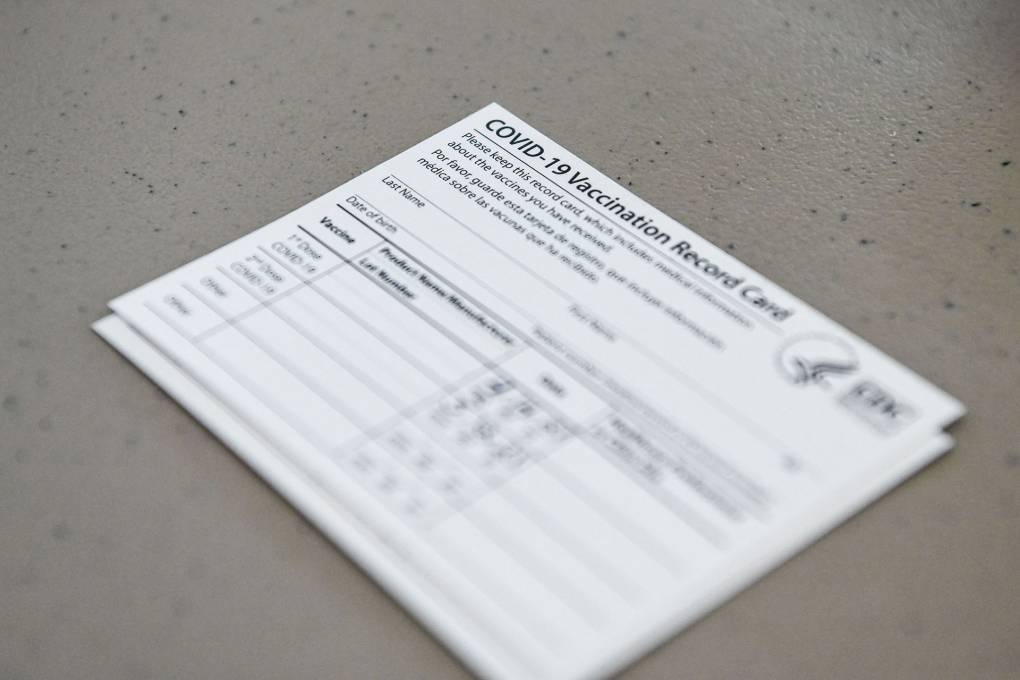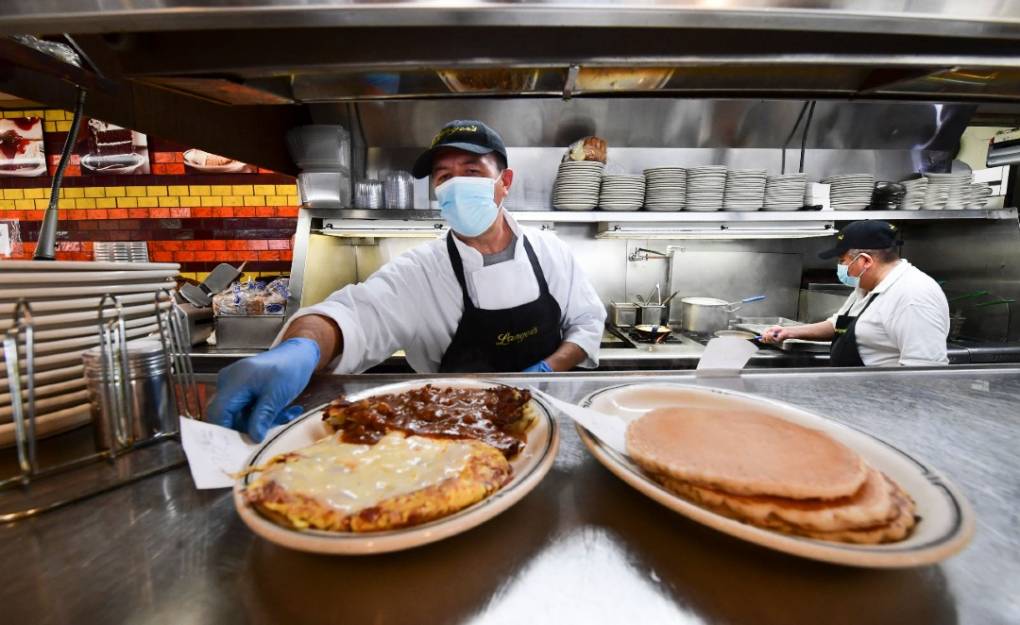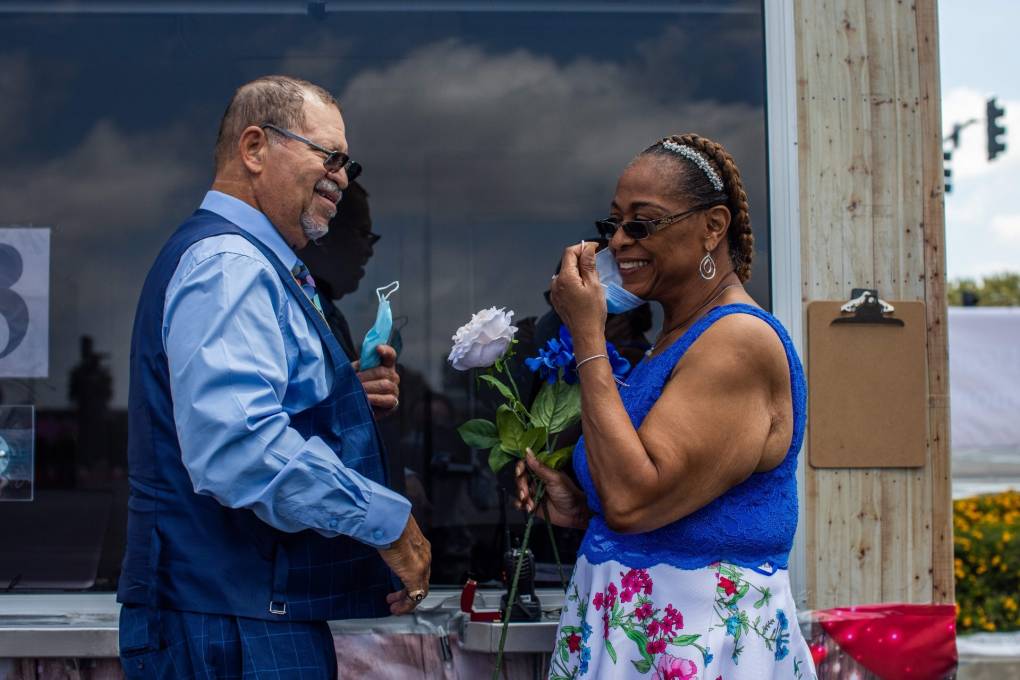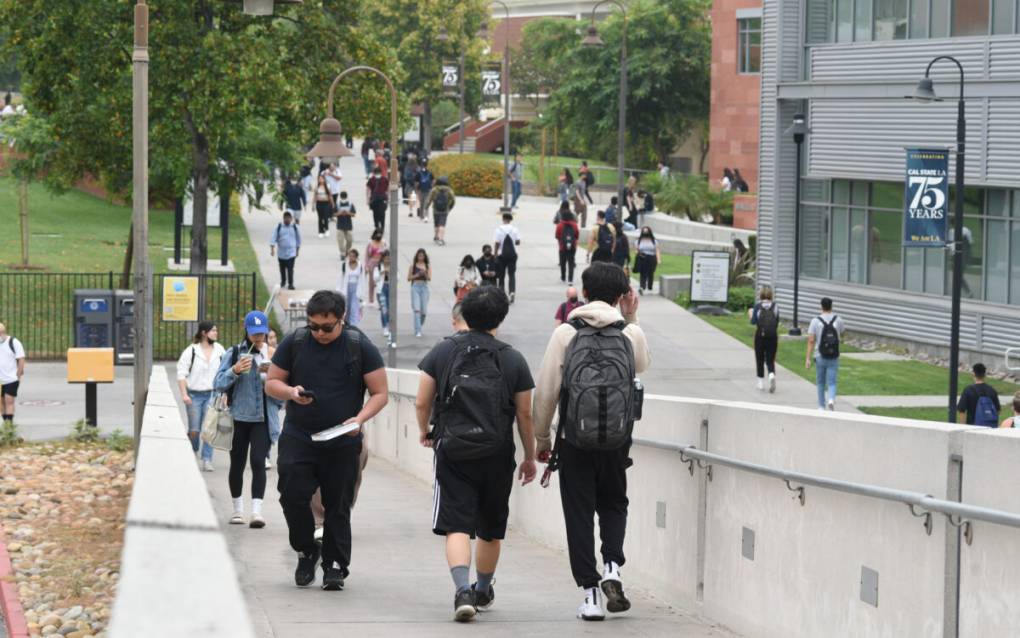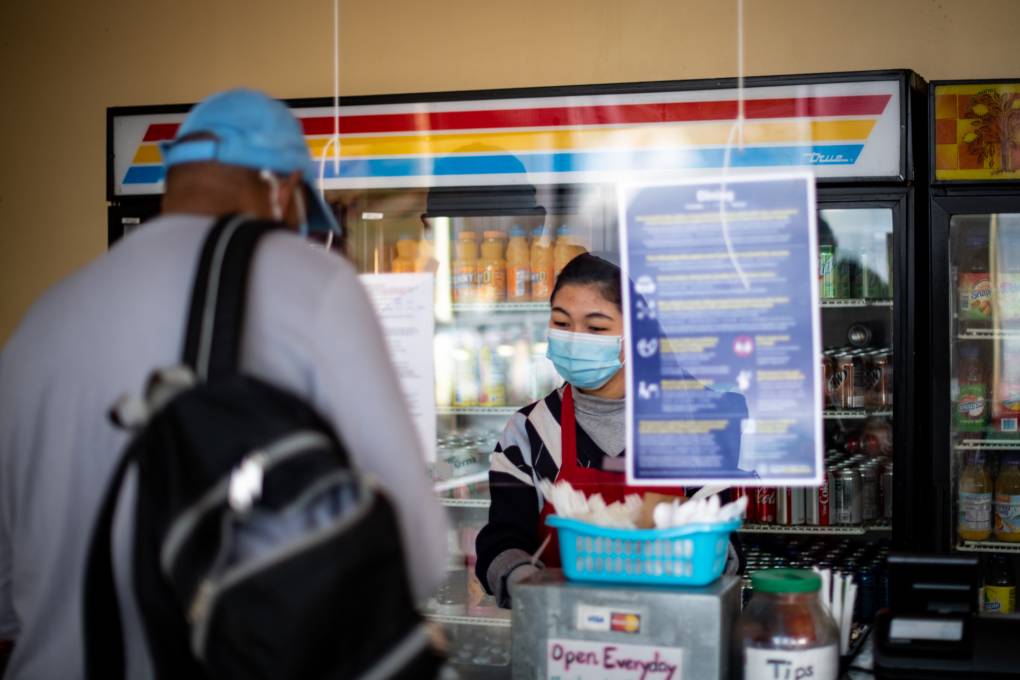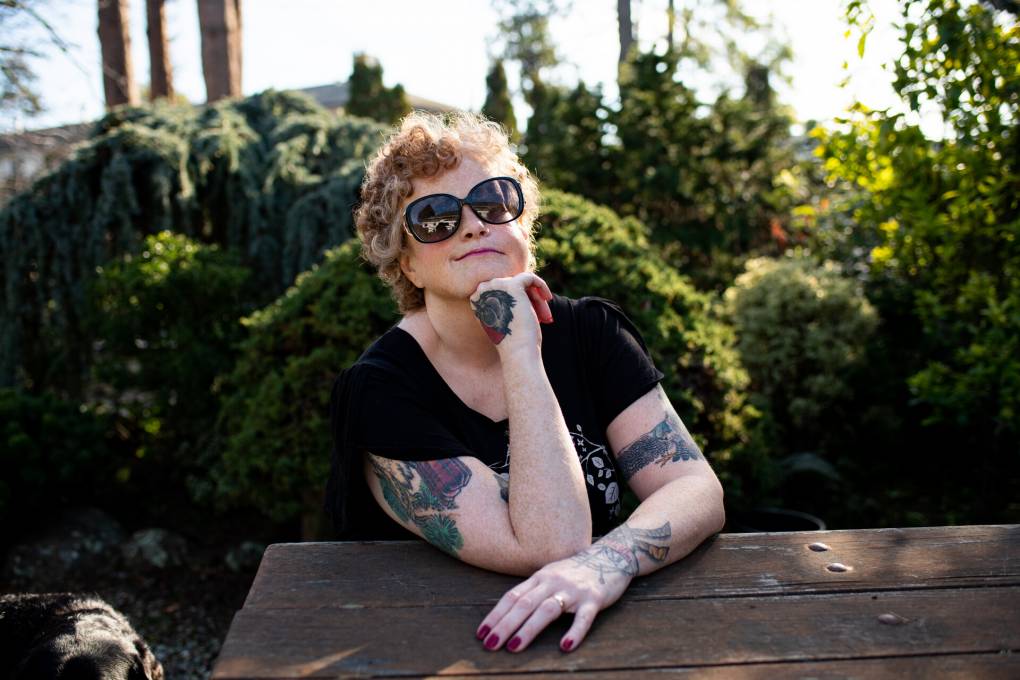California on Friday announced it is offering residents a digital record of their coronavirus vaccination that they can use to access businesses or events that require proof of inoculation.
The state’s public health and technology departments said the Digital COVID-19 Vaccine Record tool will allow Californians to access their record from the state’s immunization registry. It will show the same information as the paper cards issued by the Centers for Disease Control and Prevention to document coronavirus vaccinations.
“We are better enabling Californians to verify their vaccination status to ensure our state is in a better position to encourage the best practices in reducing the spread of COVID-19,” said State Epidemiologist Dr. Erica Pan at a press call Friday morning.
As of Thursday, more than 19 million Californians have been fully vaccinated and 3.5 million partially vaccinated, according to the California Department of Public Health.
To receive their digital vaccine record, users will input their name, date of birth and email or phone, and they will be asked to create a 4-digit PIN. The record will include a QR code and users can save it to their phones.
